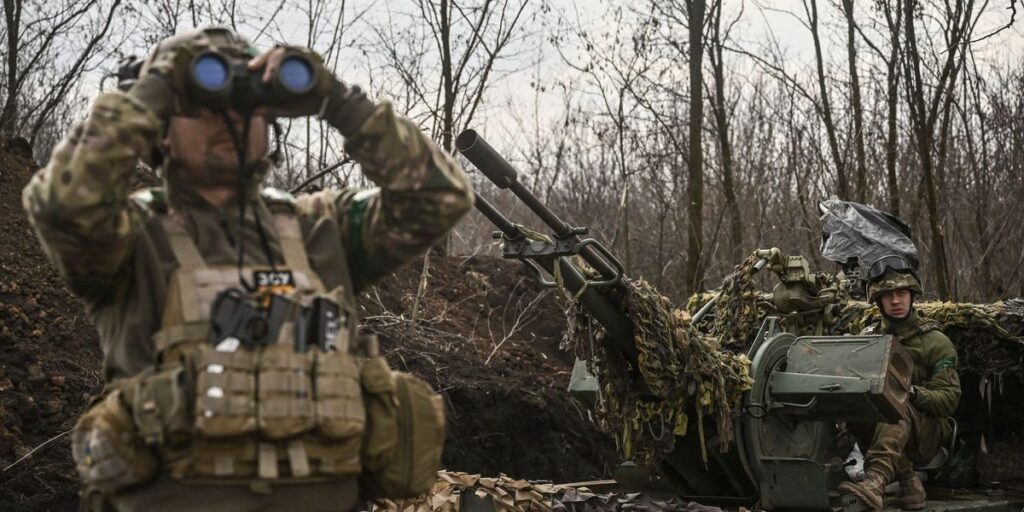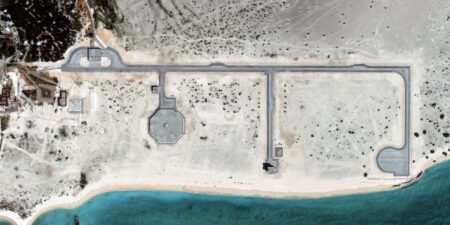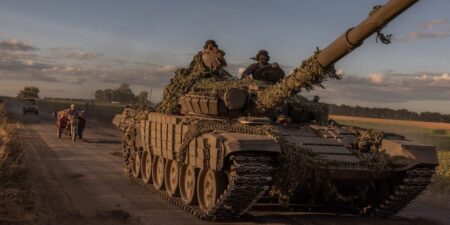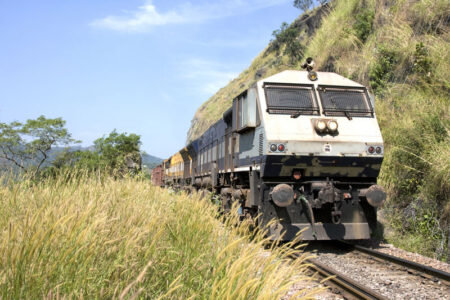Ukrainian commanders are having to train new combat troops at the front due to training issues, but war experts say that even with the problems, it’s better than what the Russians do.
While there’s the possibility of a decrease in the overall quality of the Ukrainian forces as new combat troops replace experienced troops at the front, especially as newly mobilized forces come into play, the quality is still likely to be higher, at least for the time being, than that of the Russians, war analysts from the Washington, DC-based Institute for the Study of War said.
Ukrainian military officials recently told The Washington Post that newly recruited soldiers and those brought in from rear areas are learning how to fight on the front lines due to the lack of a “proper training system,” according to a Sunday report.
Field commanders told the Post that because the training centers are inadequate, they have to spend several weeks teaching the basic fighting skills, including how to shoot.
Beyond the training center problems, the Ukrainian military is also, more generally, facing a dilemma: either train the new combat troops at the front or rotate out the experienced soldiers to train new ones.
Some partner nations have offered to help train the Ukrainian military, but this option requires sending Ukrainian troops to NATO countries. Doing so risks exacerbating existing delays, pulling commanders away, and limiting the number of soldiers Ukraine can place on the front lines.
With greater NATO support, though, NATO training could provide “further opportunities for Ukraine to improve its basic training mechanisms and improve the quality of newly deployed personnel.” That situation, along with the other challenges, will not work itself out overnight.
Ukraine’s training problems are likely to persist for some time, ISW analysts said in a Sunday assessment, further noting that “the average overall quality of Ukrainian forces on the frontline will likely decrease as experienced personnel rotate out and newly-deployed personnel reach the” front lines.
The analysts noted, however, that “new soldiers will likely learn rapidly as they fight alongside experienced veterans.”
The “decisions to train newly-deployed personnel on the front before committing them to combat indicates that the overall quality of Ukrainian forces will likely remain higher than that of Russian forces in the near- to mid-term,” they said, as Russia has problems of its own.
Russia has been building up its infantry quickly with a range of different soldiers from penal convicts to volunteer soldiers. Because Russia has prioritized quantity over quality, the rapid deployment of these soldiers with minimal training has resulted in significant casualties.
“The Russian force generation mechanism has largely met the replacement rate of casualties in Ukraine,” ISW said, but it prioritizes “fast redeployments of new personnel for additional ‘meat’ assaults over effective training.”
ISW analysts also pointed to reports indicating that Russia is suffering from a lack of training instructors, which has resulted in continuous training delays.
“Russian milbloggers have consistently complained about ineffective Russian training since partial mobilization in September 2022,” ISW reported. “A former Russian Storm-Z instructor recently claimed that Russian ‘strategic’ reserves are ‘doing nothing for months.'”
Read the full article here















